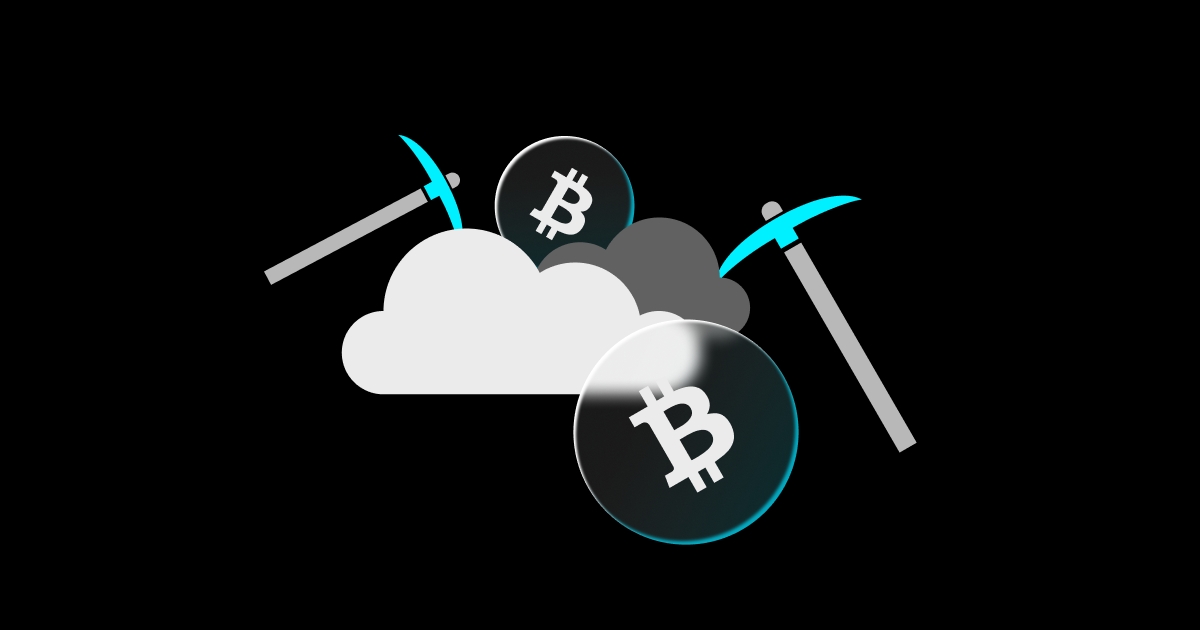
Polymarket: The Crypto Betting Site That Knows the Future (Sometimes)
What if you could turn your opinions about world events into real money? Welcome to Polymarket—a blockchain-powered prediction platform where users bet on everything from elections and celebrity drama to economic forecasts and legal showdowns. Backed by crypto and powered by collective intelligence, Polymarket promises a glimpse into the future or, at least, the one the internet believes in.
In this article, we'll explore how Polymarket makes money, how it works, its controversial rise under founder Shayne Coplan, and how Donald Trump became the platform's most high-stakes subject.
What Is Polymarket?
Polymarket is a decentralised prediction market that lets users bet on real-world outcomes using crypto. Think of it as a betting exchange crossed with a news ticker, except powered by the Polygon blockchain and run through smart contracts.
Users can bet on yes-or-no questions like "Will Donald Trump win the 2024 U.S. Presidential Election?" or "Will Apple release a foldable iPhone by 2026?". Each market has a share price between $0 and $1, which reflects the crowd's belief in that outcome. If you buy Yes at $0.40 and the event happens, you get $1. If not, you lose your stake.

Source: Polymarket
What sets Polymarket apart is its use of blockchain infrastructure and stablecoins like USDC to create transparent, tamper-resistant markets. No bookie needed, no house bias.
How Does Polymarket Work?
At its core, Polymarket is a trading platform for probabilities. You connect a crypto wallet, fund it with USDC, and start buying or selling shares in future events. These aren't fantasy points or play money; it's real crypto at stake.
Markets are resolved by oracles (automated systems or trusted sources like news outlets) that determine the outcome once an event concludes. The entire process runs on smart contracts, meaning trades, payouts, and record-keeping are all automated and publicly verifiable on the blockchain.
For example:
● A Yes share priced at $0.65 implies a 65% chance of the event happening.
● If you disagree, you can buy No at $0.35.
● When the event resolves, winners get $1 per correct share. Losers get $0.
This system enables real-time, crowd-sourced forecasting that adapts to breaking news, rumors, and shifting sentiment, sometimes faster than polls or pundits.
How Does Polymarket Make Money?
Polymarket takes a 2% fee on net winnings, meaning if you bet $100 and win $200, you keep $198. Losers pay nothing beyond their original bet. It’s a simple model that scales well with high-volume events.
Additional revenue sources include:
● Market creation fees: Users must pay to launch new markets to filter out spam and help maintain quality.
● Liquidity spreads: Price differences between buy/sell orders allow market makers and sometimes the platform to earn indirectly.
● Data insights: With millions of user-generated predictions, Polymarket's data is a goldmine for traders, researchers, and journalists tracking public sentiment.
In short: Polymarket wins when users are active, not when they lose.
The Visionary (and Controversial) Shayne Coplan
At the centre of Polymarket's rise is Shayne Coplan, the platform's enigmatic founder. A college dropout from New York and early Ethereum adopter, Coplan launched Polymarket in 2020 with the idea that prediction markets could outshine polls and pundits.
Backed by investors like Founders Fund and Vitalik Buterin, Coplan grew Polymarket into a crypto phenomenon. But with success came scrutiny. In 2022, the U.S. Commodity Futures Trading Commission (CFTC) fined Polymarket $1.4 million for offering unregistered binary options. The platform agreed to block U.S. users, but questions lingered about enforcement.
In late 2024, just after the U.S. presidential election, FBI agents raided Coplan's apartment in connection with an ongoing federal investigation. Though he wasn't arrested, the move signaled growing legal pressure on prediction markets, and added to Coplan's mythos as a rebellious founder operating in a legal grey zone.
Trump and the Billion-Dollar Bets
If one figure defines Polymarket's rise, it's Donald J. Trump.
The platform exploded in popularity during the 2024 U.S. election, as users bet over $1 billion on whether Trump would reclaim the presidency. Markets at times gave him a higher chance of winning than major polls did, leading many to wonder if Polymarket was seeing something others weren't.

Source: Polymarket 2024 Election Forecast
At the peak, four anonymous "Trump whales" collectively wagered over $40 million on his victory. Rumours swirled: Was it insider knowledge? Just conviction? Either way, Polymarket became the go-to source for those who wanted a live, financial pulse on the election.
The aftermath? Trump won—and so did those traders. But regulators took notice. The sheer size of these markets, combined with suspicions that U.S. residents were still accessing the site via VPNs, brought renewed legal heat. Some accused the platform of politicisation, but Coplan maintained it was simply the market speaking.
Beyond elections, Polymarket users have bet on:
● Trump's legal indictments
● His social media returns
● Whether he'd attend debates or get convicted
These Trump-centric markets have been goldmines for volume and controversy, and they've firmly positioned Polymarket as a cultural barometer, whether regulators like it or not.
Why It Matters (and What Comes Next)
Polymarket is more than a mere crypto casino. It's a window into how people think the world will unfold. From economic forecasts to entertainment gossip, the markets there reflect the crowd's collective intelligence—or bias.
But the big question remains: Is it legal? In many jurisdictions, real-money prediction markets walk a fine line between financial derivatives and gambling. While Polymarket enforces geoblocks and claims to comply with local laws, its future may hinge on whether regulators see it as a forecasting tool, or a threat to democratic processes.
Still, for crypto users, data junkies, and risk-takers, Polymarket is the most exciting place to bet on what's next. Remember that Polymarket doesn't promise it knows the future, but it shows you what the internet thinks will happen. Whether that's brilliance or madness depends on your view of markets, memes, and money. But one thing's for sure: it's never boring.
Disclaimer: The opinions expressed in this article are for informational purposes only. This article does not constitute an endorsement of any of the products and services discussed or investment, financial, or trading guidance. Qualified professionals should be consulted prior to making financial decisions.

- Pi Network Mainnet Launch: A New Era for Mobile Mining2025-04-11 | 10m
- Wayfinder (PROMPT): The AI Compass for Blockchain Worlds2025-04-11 | 5m


